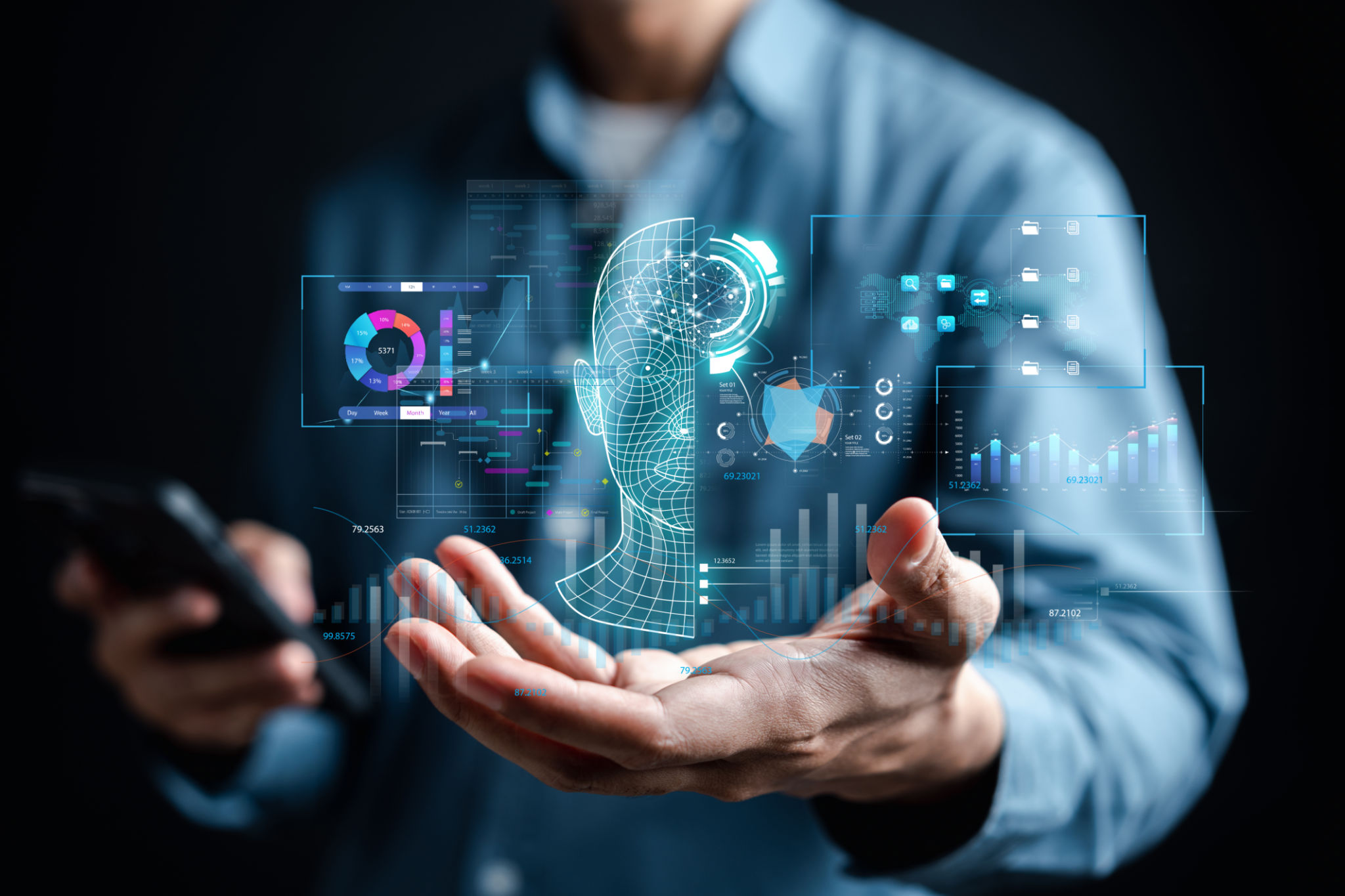Debunking Myths: What AI Automation Can and Cannot Do
Understanding AI Automation
Artificial Intelligence (AI) automation has become a buzzword in today's tech-driven world. However, there are many misconceptions about what AI can and cannot do. Understanding the capabilities and limitations of AI automation is crucial for businesses and individuals looking to leverage this technology effectively.
AI automation refers to the use of AI technologies to perform tasks that typically require human intelligence. These tasks can range from simple data entry to complex decision-making processes. While AI has made significant strides, it is not a magical solution that can do everything.

What AI Automation Can Do
AI automation excels in several areas, making it a valuable tool for many industries. Here are some of the key capabilities:
- Data Analysis: AI can process and analyze vast amounts of data quickly and accurately, identifying patterns and trends that humans might miss.
- Predictive Analytics: AI algorithms can predict future outcomes based on historical data, helping businesses make informed decisions.
- Customer Service: AI-powered chatbots and virtual assistants can handle customer inquiries efficiently, providing quick and accurate responses.
- Automation of Repetitive Tasks: AI can automate mundane and repetitive tasks, freeing up human workers to focus on more strategic activities.
What AI Automation Cannot Do
Despite its impressive capabilities, AI automation has its limitations. Here are some areas where AI falls short:

- Creativity: AI lacks the ability to think creatively and come up with original ideas. While it can generate content based on existing data, it cannot create truly innovative solutions.
- Emotional Intelligence: AI does not possess emotional intelligence and cannot understand or respond to human emotions effectively. This makes it challenging for AI to handle tasks that require empathy and emotional understanding.
- Complex Problem-Solving: AI struggles with complex problem-solving that requires a deep understanding of context and nuances. Human intervention is often needed for these tasks.
- Ethical Judgment: AI lacks the ability to make ethical judgments and decisions. It operates based on the data and algorithms it is trained on, which may not always align with ethical considerations.
Common Myths About AI Automation
There are several myths surrounding AI automation that need to be debunked. One common myth is that AI will replace all human jobs. While AI can automate certain tasks, it is more likely to augment human capabilities rather than replace them entirely. Many jobs will evolve to incorporate AI tools, creating new opportunities for workers.

Another myth is that AI is infallible. In reality, AI systems are only as good as the data they are trained on. If the data is biased or incomplete, the AI's output will be flawed. It is essential to ensure that AI systems are trained on high-quality, unbiased data to achieve accurate results.
The Future of AI Automation
The future of AI automation is promising, with advancements in technology continuing to push the boundaries of what AI can do. However, it is important to approach AI with a realistic understanding of its capabilities and limitations. By leveraging AI automation effectively, businesses can improve efficiency, enhance decision-making, and drive innovation.
In conclusion, AI automation is a powerful tool that can transform various aspects of our lives and work. By debunking the myths and understanding what AI can and cannot do, we can harness its potential to create a better future.